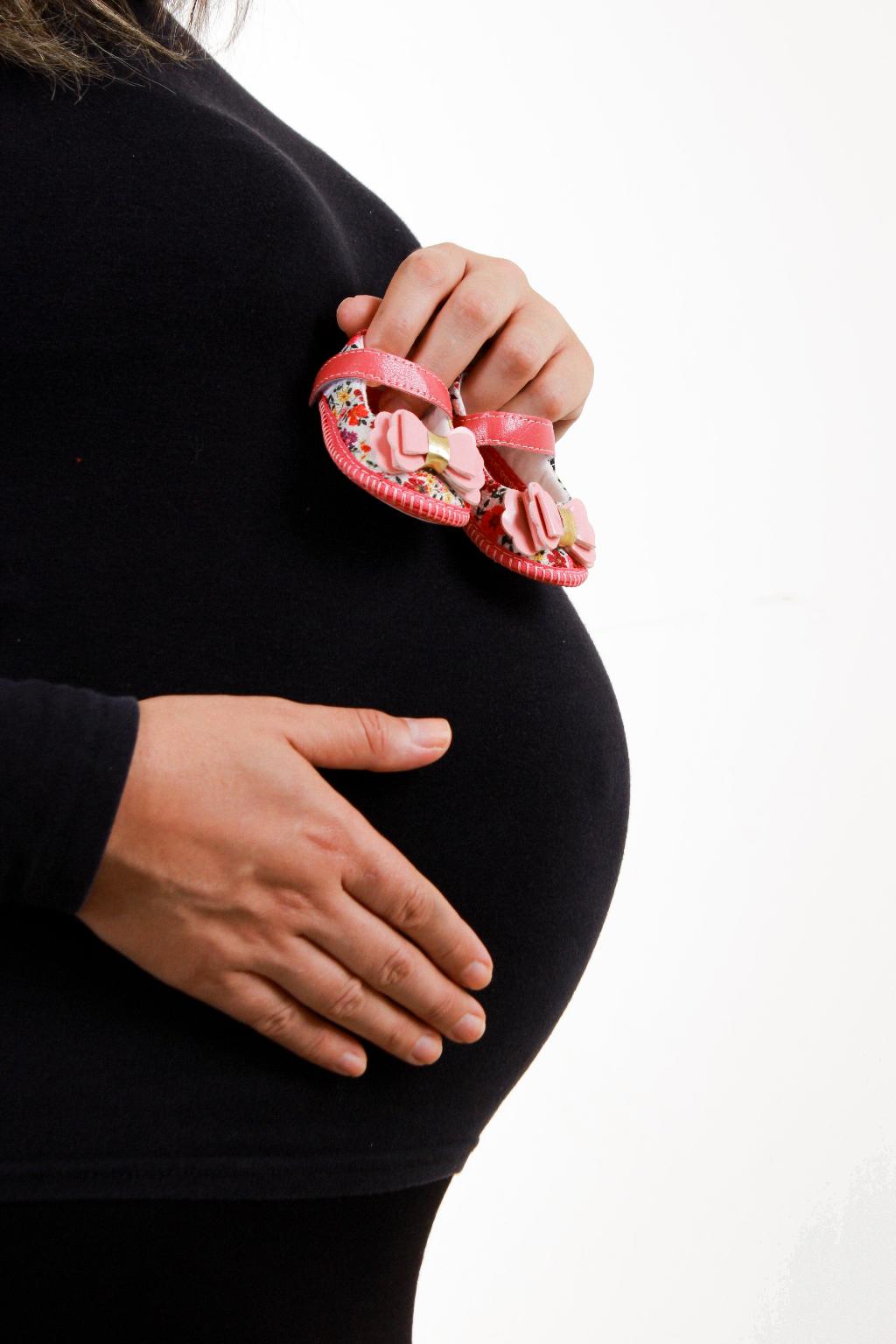During pregnancy, it is common for women to experience changes in their bodies that may lead to sensations of tightness and hardness in the stomach region. These physical changes are a natural part of the pregnancy journey and can vary in intensity and frequency from woman to woman.
First Trimester:
During the first trimester of pregnancy, stomach tightening may occur as the uterus begins to expand and stretch to accommodate the growing fetus. This stretching of the uterus can cause sensations of tightness and hardness in the abdominal area as the body adjusts to the changes taking place.
Second Trimester:
As pregnancy progresses into the second trimester, stomach tightening may also be attributed to gas and bloating, which are common symptoms experienced by many pregnant women. Gas build-up in the digestive system can create pressure in the abdomen, leading to feelings of tightness and hardness.
Third Trimester:
By the third trimester, Braxton Hicks contractions, also known as false labor contractions, can contribute to stomach tightness and hardness. These contractions are the body’s way of preparing for labor and can be felt as intermittent tightening of the uterus that may cause discomfort in the abdominal region.
Other Causes:
Aside from the natural changes that occur during pregnancy, other factors can also lead to stomach tightness and hardness. Dehydration, overexertion, and stress can all play a role in exacerbating these symptoms, so it is essential to stay hydrated, get adequate rest, and practice relaxation techniques throughout pregnancy.
When to Seek Help:
If you experience severe or persistent stomach tightening, especially accompanied by pain, bleeding, or other concerning symptoms, it is crucial to consult with your healthcare provider promptly. These signs could indicate more serious issues that require medical attention.
Self-Care Tips:
To alleviate mild stomach tightness during pregnancy, consider practicing gentle exercise, such as prenatal yoga or walking, to promote relaxation and improve circulation. Warm baths, abdominal massages, and breathing exercises can also help relieve tension in the abdominal muscles.
Eating and Drinking:
Be mindful of your diet and hydration levels, as certain foods and beverages can contribute to gas and bloating, leading to increased stomach tightness. Eating small, frequent meals, and avoiding carbonated drinks and gas-producing foods may help minimize discomfort in the abdominal area.
Emotional Well-Being:
Don’t underestimate the impact of emotional well-being on physical symptoms during pregnancy. Managing stress through relaxation techniques, mindfulness practices, and seeking support from loved ones can positively influence your overall health and well-being, potentially reducing stomach tightness.
Conclusion:
In conclusion, stomach tightness and hardness during pregnancy can be attributed to various factors, including the natural changes occurring in the body, gas and bloating, Braxton Hicks contractions, and other external influences. By understanding the causes and implementing self-care strategies, women can navigate these physical sensations with greater ease and comfort throughout their pregnancy journey.

